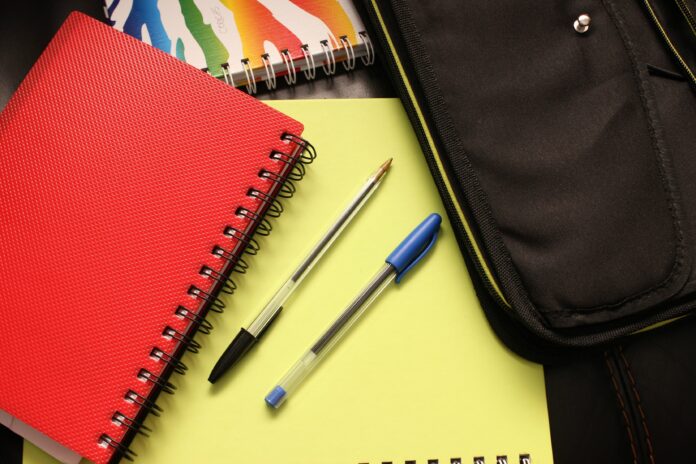After three full semesters at home, most Rio Grande Valley schoolchildren will be returning to school this fall, making the annual tax-free weekend for clothing and certain school supplies, which runs though Sunday, all the more welcome. Many families have bought fewer clothes during the COVID-19 pandemic, as they generally didn’t leave the house much. In addition, most students likely have outgrown school uniforms or changed campuses, requiring new uniforms if their schools require them.
Even in normal years, however, families swarm stores during the weekend tax exemption. Merchants generally like the weekend because once in the stores, families tend to buy other things. Officials in Texas and other states, seeing the benefits, have even expanded the items that qualify for the exemption to include infant clothes, diapers and other non-school items.
Shoppers need to be prepared before they head to the stores. Many that had eased COVID-19 precautions in recent weeks have started reimposing them in response to current surge in cases. So carry a mask and be ready to have your temperature taken, even if the same store didn’t employ such requirements on your last visit. And as always, those who insist they have a right to refuse masks and vaccinations must recognize that merchants have the same right to take whatever steps they deem necessary to protect their patrons, and their legal liability, including asking those patrons to don masks and keep safe distances from each other.
The popularity of the tax exemptions makes it all the more reasonable to ask: If the items are so necessary and the tax break so popular, why don’t officials simply categorize many of these items as school essentials and make their tax-free status permanent?
Such exemptions already are made for most groceries and drugs, as they are deemed necessary even for low-income families who live below most tax benchmarks. The compulsory nature of public education, plus the increasing demand that students wear uniforms, makes the purchase of school clothing an annual necessity, even for the poorest of families.
Certainly, public officials who are addicted to the easy revenue that comes from taxation will continue to resist any effort to ease the tax drain on their own constituents. And yes, they are correct when they argue that it’s virtually impossible to know if an article of clothing will be used in the classroom or elsewhere, but their argument should be countered easily by asking if people really can live without clothing in a world where virtually no one can live without public interaction.
Surely, some items on the current tax-free list — hunting vests and Halloween costumes, for example — might not make the cut, but a formal review on the merits of extending the benefits of the waiver deserve consideration. After all, children don’t all outgrow, rip or lose their school clothing and other necessities on one weekend a year.
Officials should prove the dedication they claim to have for they people they ostensibly serve, and consider making the tax break on necessary clothing permanent.




